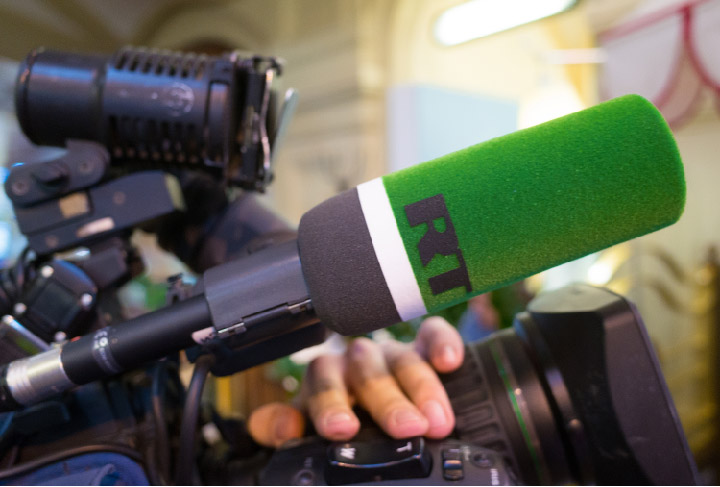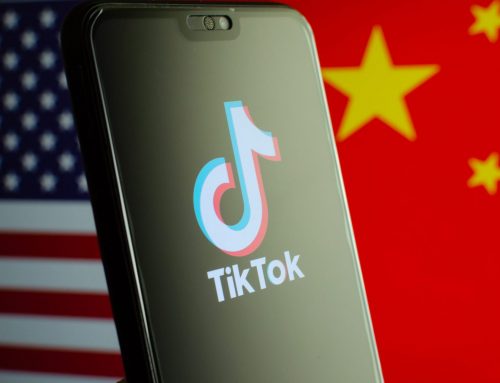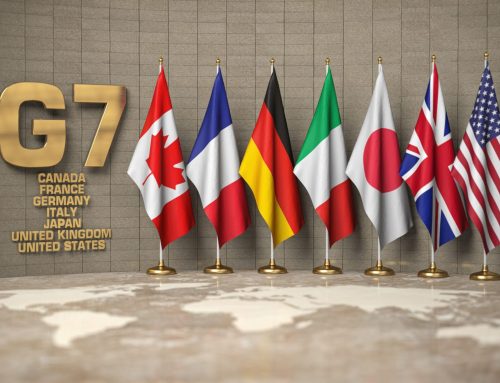Continuing a pattern seen in recent weeks, Russian state media covered various issues and concerns related to Western coronavirus vaccines and lamented the alleged anti-Russia bias in Western media coverage of Russia’s Sputnik V vaccine. Meanwhile, Russian messengers heralded the announcement of joint trials using a combination of the Sputnik V and AstraZeneca vaccines as an example of Russia’s leadership and benevolence. While coverage of U.S. election fraud themes was not substantial, Russian state media continued to elevate some election fraud claims, heavily criticize social media platforms’ election-related policies (in this case YouTube, for creating a policy to remove content alleging substantial voter fraud), and portray the United States as deeply divided. In celebration of RT’s 15th anniversary, RT and its sister outlets marked the occasion by mocking RT’s reputation as a malign influence and elevating Russian President Vladimir Putin’s praise of RT as “the voice of the truth.”
On the China dashboard, state media and diplomats shifted their aim from Australia back to the United States last week with a series of heavily engaged-with tweets targeting President Trump and members of his administration. In a rather embarrassing misstep, the Chinese embassy in the United States’ Twitter account retweeted a message from Donald Trump in which he accused the Democrats of cheating in the election. A few hours later, the retweet was removed, and the embassy issued a short statement claiming its account had been hacked. China’s messengers also renewed their defense of the CCP’s actions in Hong Kong after the arrest of pro-democracy press mogul Jimmy Lai was met with a chorus of international criticism. “Hong Kong” was the third most-used term by diplomatic and state media Twitter accounts last week, with most of the content focused on themes of imperialism and Western interference. Continuing this narrative, the second most-shared Chinese state media story on Facebook last week was entitled “Putin signs law on imprisonment for attempts to split Russia,” an effort, perhaps, to signal international support for China’s anti-separatism policies.
Iranian officials, meanwhile, took to Twitter last week to condemn talk of including missile limitations in a new version of the Iran nuclear deal and demand that European countries meet their commitments under the current agreement before discussing renegotiation. This included amplification of China’s calls for the United States to return unconditionally to the Iran nuclear deal, and suggestions that the Fakhrizadeh assassination was an attempt by Israel to sabotage any U.S. return to the agreement. Finally, Iranian media continued to highlight U.S. struggles to contain the coronavirus, casting the U.S. government as both corrupt and incompetent. Israel was woven into this narrative as well, with a prominent Iranian doctor blaming anti-vaccine sentiment among Orthodox Jews, both in Israel and the United States, as a driving factor.
The views expressed in GMF publications and commentary are the views of the author alone.








